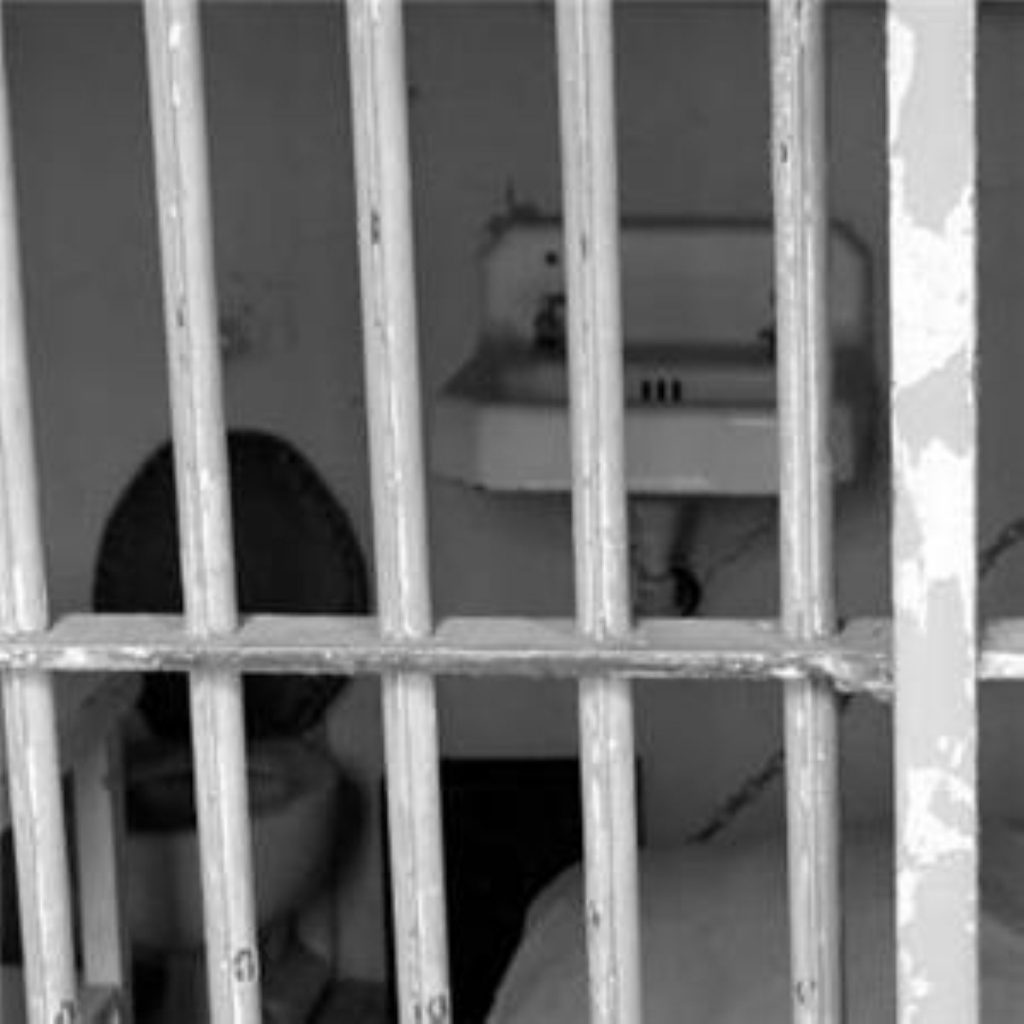‘Tougher sentencing’ blamed for record prison population
A new report published by the Prison Reform Trust says that tough sentencing by judges rather than a rise in crime, has led to a record prison population.
The report, ‘The Decision to Imprison: Sentencing and The Prison Population’, funded by the Esm e Fairbairn Foundation under its Rethinking Crime and Punishment initiative, concludes that this toughening up has been in response to a harsher legislative and legal framework that has come about as a result of the ‘increasingly punitive climate of political and media debate about crime and punishment’.
The report suggests that the courts will continue to make ever-increasing use of prison unless the ‘climate of opinion’ changes.
The prison population rose 71% between 1991 and 2001. Overall the courts are imposing longer prison sentences for many crimes. Burglars and sex offenders receive much longer jail terms than they did in 1991. The number of offenders being sent to jail for four years or more has increased by 62%.


Responding to the report the director of the Prison Reform Trust, Juliet Lyon, said that it will take ‘a decisive and sustained change of political will to halt the relentless increase in our prison population and the shocking levels of re-offending and strain on the public purse which accompany it.’
She added that it is time to bring ‘a sense of proportion and fairness’ back into sentencing which has become grossly inflated by a misplaced emphasis on toughness rather than effectiveness.
The report concludes that best way of bringing down the prison population is to issue guidance to the courts to use imprisonment less often, and where custody is used, to pass shorter sentences.

